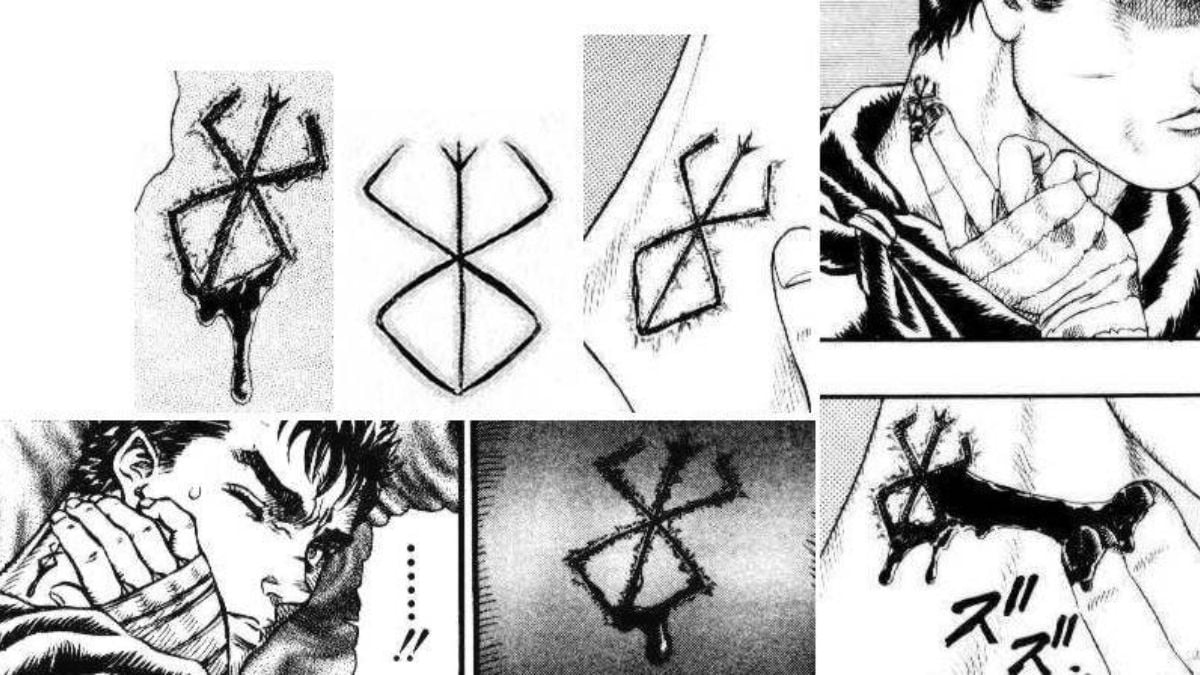The concept of sacrifice has been interwoven into the fabric of human thought for millennia, spanning cultures and religions alike. Within the Bahá’í Faith, sacrifice transcends its traditional connotations of loss or suffering, evolving into a nuanced and vital aspect of spiritual development. This reinterpretation of sacrifice not only enriches personal growth but also fosters a deeper understanding of community and collective advancement. In this exploration, we shall delineate the layers of meaning as envisioned through the Bahá’í teachings, while also shedding light upon the metaphorical tapestry that characterizes this poignant subject.
To understand sacrifice within the Bahá’í context, one must first acknowledge that it is intrinsically linked to the journey of selflessness. The Bahá’í teachings proclaim that the essence of one’s existence is rooted in the cultivation of virtues such as love, compassion, and humility. These virtues form the cornerstone of an individual’s pursuit of higher truth and ultimately, of God. Consequently, sacrifice emerges not as a solitary act of renunciation, but rather as a vibrant, living metaphor for the transformation of self-desires into altruistic endeavors.
At its core, sacrifice in the Bahá’í Faith is reminiscent of the allegorical concept of the “drop merging into the ocean.” In this metaphor, individuals are not meant to cling to their egos or personal ambitions. Instead, they are encouraged to dissolve their individualities in the vast expanse of divine purpose. Just as a drop of water loses its identity upon merging with the ocean, so too must one relinquish personal desires to contribute to the greater good of humanity. This act of “sacrificial merging” underscores the significance of community–wherein each individual, through selflessness, enhances the collective spirit.
Moreover, the notion of sacrifice is intertwined with the idea of service to humanity. The Bahá’í teachings articulate that true joy and fulfillment arise from acts of kindness and social responsibility. Unlike traditional perceptions of sacrifice that often evoke grief or loss, the Bahá’í understanding is rejuvenating; it emphasizes that the act of giving oneself—whether through time, resources, or empathy—fuels both personal and communal growth. This selfless offering is not a dissolution of identity, but rather an elevation of it to a higher purpose.
The interplay between sacrifice and spirituality further embellishes the Bahá’í view of selfless acts. Spirituality is portrayed as a ladder leading to the divine, with each rung representative of personal sacrifice and the voluntary submission of earthly inclinations. As individuals ascend this metaphorical ladder, they develop attributes that mirror divine characteristics—thereby reinforcing the idea that sacrifice ultimately leads to spiritual enlightenment. In effect, sacrifice becomes a conduit through which the soul transcends its earthly shackles and embraces universal oneness.
Furthermore, the Bahá’í perspective on sacrifice extends beyond mere individual experiences to encompass the collective destiny of humanity. In a world rife with discord and division, the Bahá’í Faith implores its followers to seek unity through actions motivated by selflessness. Sacrifice, in this context, signifies the willingness to put aside personal preferences or agendas for the sake of societal harmony and progress. It postulates that the saving grace of humanity lies in its ability to recognize and serve the collective needs, elevating the notion of sacrifice to a global imperative.
On a practical level, one can observe the manifestation of sacrifice within Bahá’í communities through acts of service, whether they be educational outreach, humanitarian efforts, or interfaith dialogue initiatives. Engaging in these communal endeavors is reflective of the teachings that encourage individuals to be “the changers of the world.” The spirit imbued within these activities echoes the notion that true fulfillment arises not from self-serving pursuits, but from dedication to the upliftment of society at large—highlighting once again that sacrifice shapes a pathway to collective triumph.
While the notion of sacrifice may invoke sentiments of despondence in many belief systems, in the realm of Bahá’í thought, it shines as a beacon of hope and transformation. The willingness to sacrifice is exalted as a noble act of love, a testament to personal integrity, and a pivotal step toward universal peace. This transformative interpretation encourages not a despondent surrender, but rather an empowering commitment to walk a path paved with virtue, collective responsibility, and unwavering faith in humanity’s destiny.
As one contemplates the role of sacrifice in the Bahá’í Faith, it becomes evident that this profound theme aligns seamlessly with the overarching purpose of existence. It invites individuals to transcend the confines of ego and personal desire, promoting a synergistic relationship with the world thus engendered. In turn, this transcendent view of sacrifice fosters a richer human experience, nurtures spiritual growth, and ultimately, transitions the world toward the unity that Bahá’ís ardently cherish.
In conclusion, the Bahá’í reinterpretation of sacrifice is a multilayered concept that challenges conventional understandings. It is a call to contemplation, compelling individuals to reassess their motivations and actions in light of a larger purpose. Through each selfless act, one not only cultivates inner virtue but also contributes to the global tapestry of human existence—a journey that, while inherently personal, is profoundly communal. In this evolution of sacrifice, one discovers a pathway to divine connection—a transformative experience that echoes through the ages.
